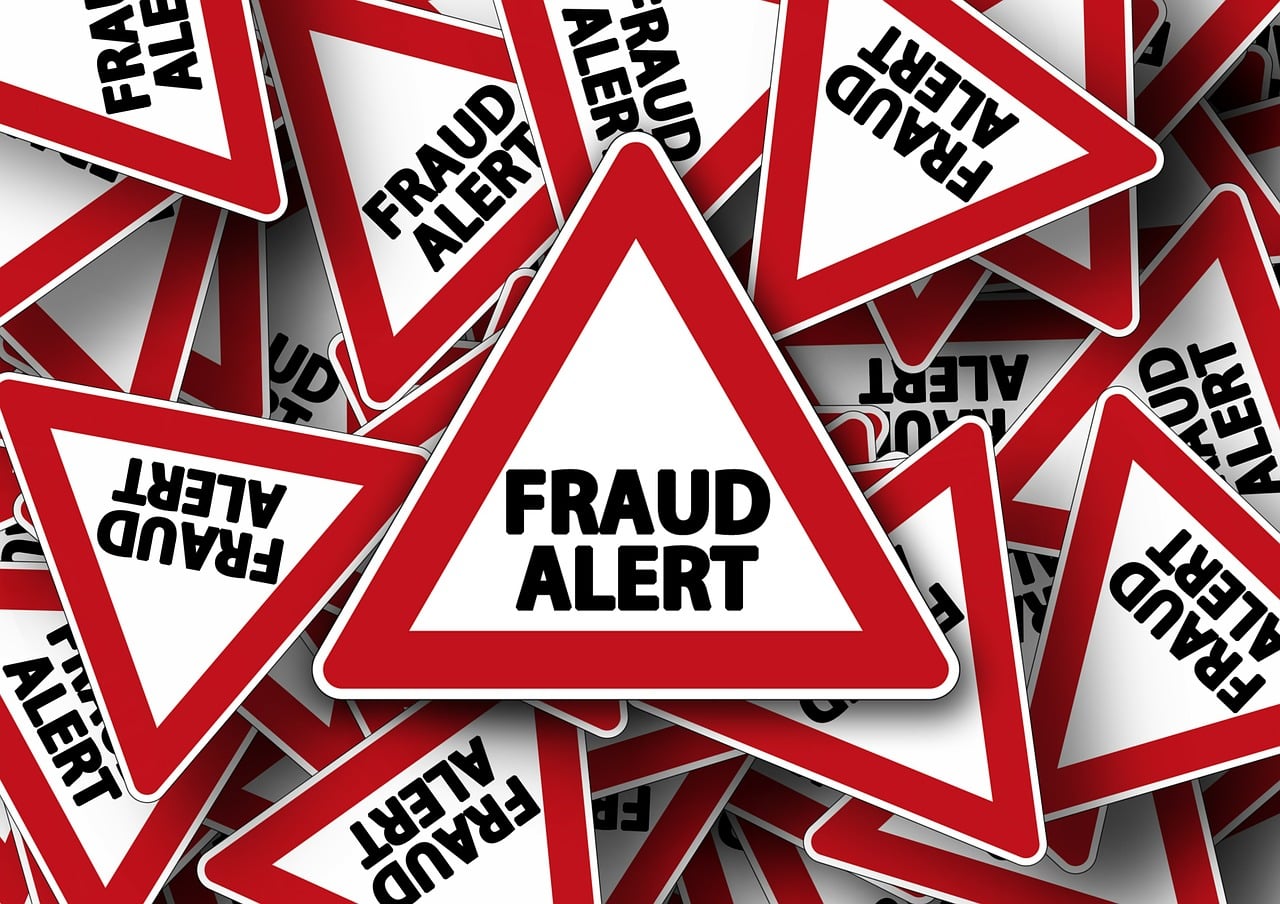Since the approval of the first stimulus checks in March last year, online scams related to stimulus payments have been on the rise. Now, even though the COVID-19 pandemic has slowed, these scams are becoming more serious. Lately, a significant rise has been seen in the phone scams related to coronavirus stimulus checks.
Q2 2021 hedge fund letters, conferences and more
A recent report from Hiya, which provides call protection, identification, and analytics services, shared details about these scams, as well as the state-wise data of these scams. The report claims that over 13 billion scam calls have been reported.
Further, the report reveals that the phone scams have doubled in each of the last two months. June, with more than 1.1 million calls, recorded the highest number of stimulus check scam calls.
Also, the data showed that June’s worst week reported a 150% jump in scam calls compared to the week prior. Moreover, the scam calls in June were even more than the combined three months when the IRS distributed the stimulus checks (April 2020, January 2021 and March 2021).
Talking about the state wise data, the report revealed that some states got more scam calls than others. For instance, Texas reported the most number of scam calls, accounting for about 13% of the calls. California at 9% was at second, followed by Florida (6%), Louisiana (4%) and Illinois (3%).
Separately, in May, the FTC (Federal Trade Commission) noted that the scammers had stolen direct payments of more than $300 million. Moreover, the agency also warned that these scams might increase in the upcoming months. The IRS is all set to send the first installment of the expanded Child Tax Credit (CTC) later this week.
The FTC, as of July 5, has registered over 538,000 consumer complaints related to coronavirus and stimulus payments.
Tips to avoid phone scams
It is believed that scammers are using personal information to assure recipients that they are speaking to a government agency representative. Experts note that nowadays it is very easy to find someone’s personal information.
Even a simple Google search could give a lot of information to hackers. Moreover, there are data brokers, who collect and sell information to advertisers and companies and maybe to hackers as well.
So, with more stimulus payments on the way, it is very important that people are cautious and alert at all times. There are a few tips that may help you to avoid falling into the scammers trap. These are:
- Try not to answer calls from an unrecognized number.
- It is better to use a reliable call protection app, or a similar service from your carrier, such as AT&T Call Protect.
- You must always remember that the federal government will never call you to ask about your bank account details, social security number, or any other personal information.





